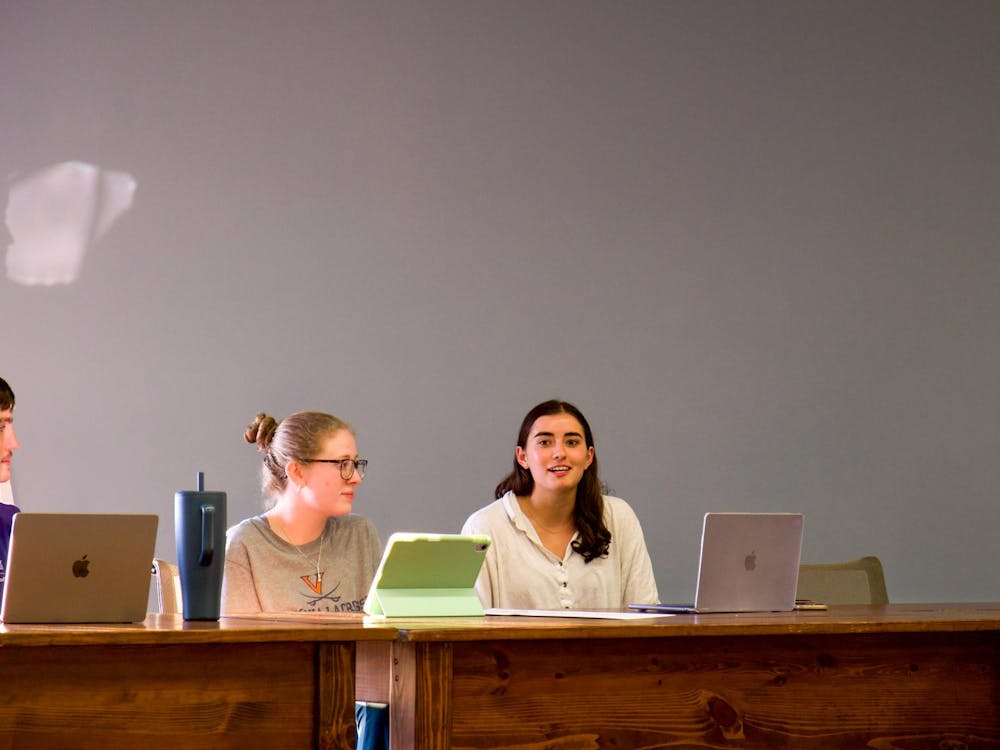Jack Ford, a former trial lawyer and award-winning anchor of CourtTV, addressed Law School students and faculty yesterday afternoon regarding the impact of the 2006 Duke lacrosse case on the institutions of law and media.
In his speech, Ford described the case as a "defining moment" for both law and media, comparing it to Watergate and the O.J. Simpson trial, which he covered in 1994. The Duke lacrosse case exploded onto the media scene in March 2006, after a stripper accused three members of Duke's men's lacrosse team of raping her at a party held by the team captains. All charges were dropped, and the players were declared innocent in April 2007 by North Carolina Attorney General Roy Cooper after chief prosecutor Michael Nifong falsely presented DNA information and failed to consider conclusive evidence from the defense. He was subsequently disbarred and found guilty of criminal contempt.
Although Ford acknowledged that Nifong became a scapegoat for misplaced blame, he condemned Nifong's unwillingness to consider other sides and his handling of the media. Ford described a permanent mistrust of prosecutors as an important consequence of media coverage and its depiction of the defense as heroes. He also advocated reevaluating the election process that judges experience, suggesting that the natural desire to preserve one's career drives the decision-making process.
"How do you make a tough call knowing it'll be unpopular and that when it's reelection time, your opponent will blow it out of proportion?" he asked.
Ford maintained that the resurgence of the notion of presumption of innocence and the reinforcement of opinion-based news were the two most significant consequences of the case. Presumption of innocence, which previously didn't exist among the general public, according to Ford, states that just because a defendant is charged does not mean he is guilty.
With regard to the media, Ford described the lacrosse case as having cemented two trends: the intellectual frailty and lack of integrity of the media, as well as the reinforcement of opinion-driven news.
"The ratings went through the roof, and opinion- and entertainment-based journalism drives ratings," he said. "Ill-informed opinion is dangerously powerful, and early on, without any evidence or facts, many people jumped on the Duke lacrosse team and condemned the three young men, Duke University, lacrosse culture, everybody."
Third-year Law student David Mordkoff applauded what he described as Ford's fair and interesting view of the case.
"He brought a fresh approach to a case that's been rehashed a lot over the years," he said.
Despite what Ford describes as the public view that the case highlighted everything that was wrong with the justice system, "it reassured me that the system has checks and balances to help protect people who are innocent," Mordkoff said. "There's a great majesty in what lawyers do."
Ford has served as a prosecutor, has taught at Fordham University and Yale University, and has spent more than two decades as host of numerous TV shows, specializing in legal commentary. He has received two Emmy Awards and a Peabody Award among others.
"He provides a variety of perspectives from his time as a lawyer and in the media," Mordkoff said. "He's a fantastic speaker"






